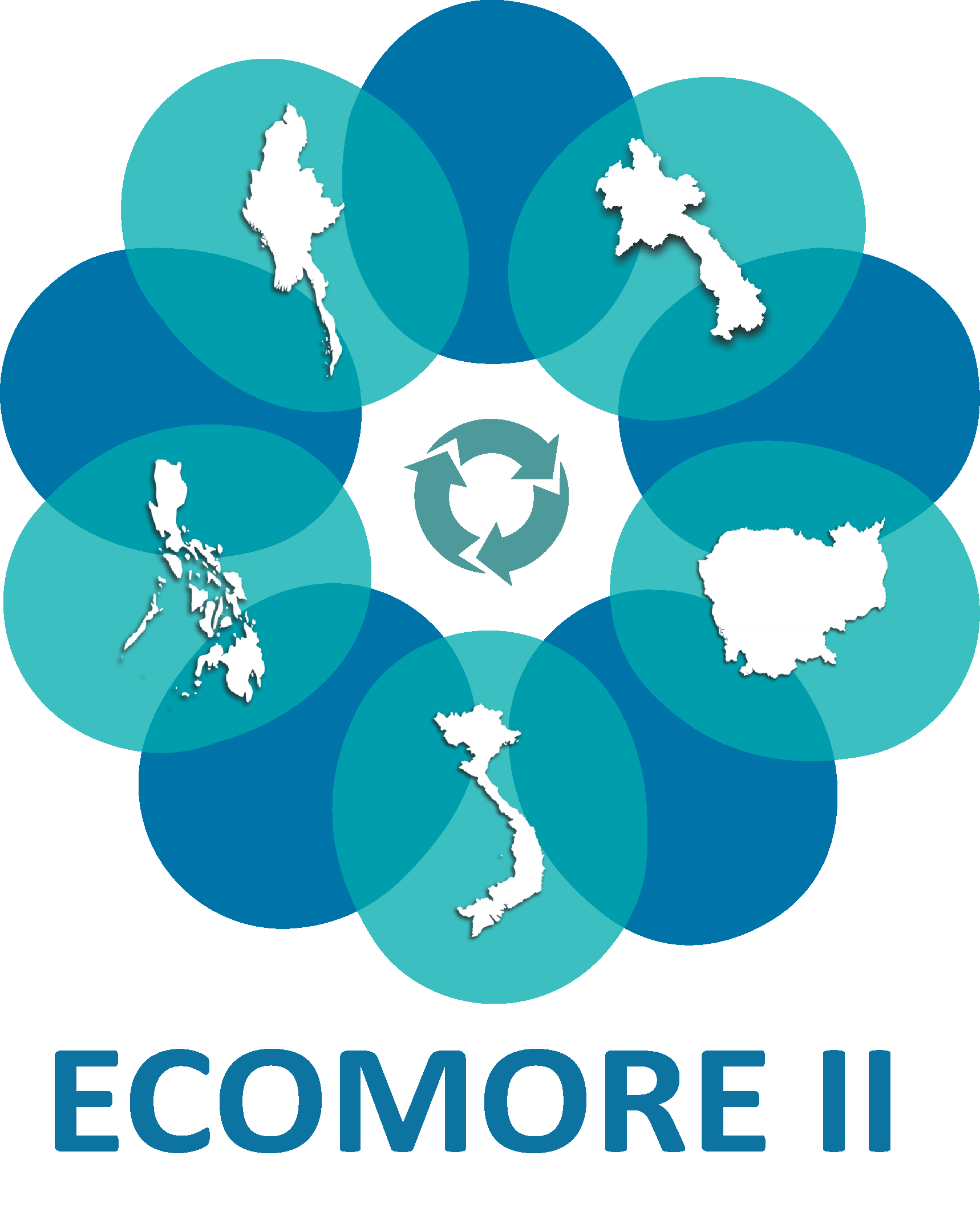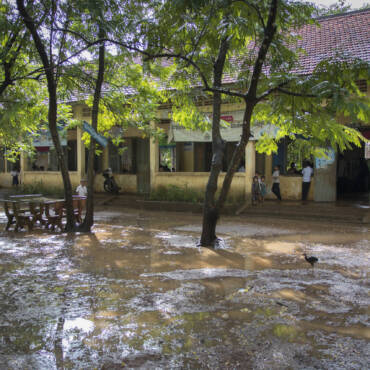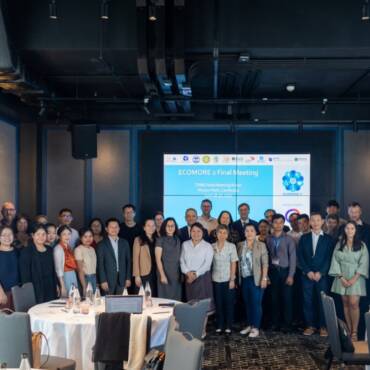On October 11th, ECOMORE 2 fifth steering committee was organized online in the presence of the project’s funder, AFD, represented by Pierre Crozier, Task Team Leader at AFD Paris. The team, composed of experts from each country involved in ECOMORE 2, was able to present their activities.
Upon opening the meeting, Pierre Crozier thanked all of the participants for their latest activity reports and congratulated them for the success of the project. The main objectives of this meeting were to 1) present the obtained results since the last steering committee (November 2020), as well as the ongoing activities, 2) monitor the progress of the project, 3) review the coordination aspects and go over the overall final roadmap before the completion of the project set on June 30, 2023.
Jason Angeles, entomologist at the Research Institute for Tropical Medicine, kicked off the round of presentations with an overview of their field activities and the mosquito control evaluation in Lipa City, Philippines, as these tasks had been heavily impacted and delayed by the Taal volcano eruption in 2021.
Somphavanh Somlor, virologist at Institut Pasteur du Laos, exposed results of their study on arbovirus phylogeny and virus/vector interaction, which showed that the active arbovirus circulation between Lao PDR and neighboring countries, the multiple arbovirus introduction in Lao PDR, and the high vector density in the capital city represents a risk of Chikungunya outbreak in Vientiane city, and at the country level. Damien Philippon, modeler working on a dengue outbreak simulator then took the floor to present this predictive tool for dengue incidence in Vientiane prefecture.
Vincent Herbreteau, Health Geographer at the Research Institute for Development (IRD), concluded the round of presentation by introducing two of the platforms developed in the transversal Climate working group. The first platform, the ECOMORE 2 Climate Platform, integrates various climate scenarios and associated future health risks (vector density and leptospirosis distribution), while the second one, the Leptospirosis Yangon Platform, is a tool to monitor the suitable environment for leptospirosis transmission.
Concerning the coordination aspects, the final efforts will be put into the valorization and promotion of the project, its findings and its tools, with the participations to scientific congresses and the organization of restitution meetings to national authorities and stakeholders, before the project concludes with a closing meeting.
AFD reminded the importance of these last stages which will build bridges with the phase of advocacy to mobilize grants for ECOMORE’s potential third phase.



Add Comment